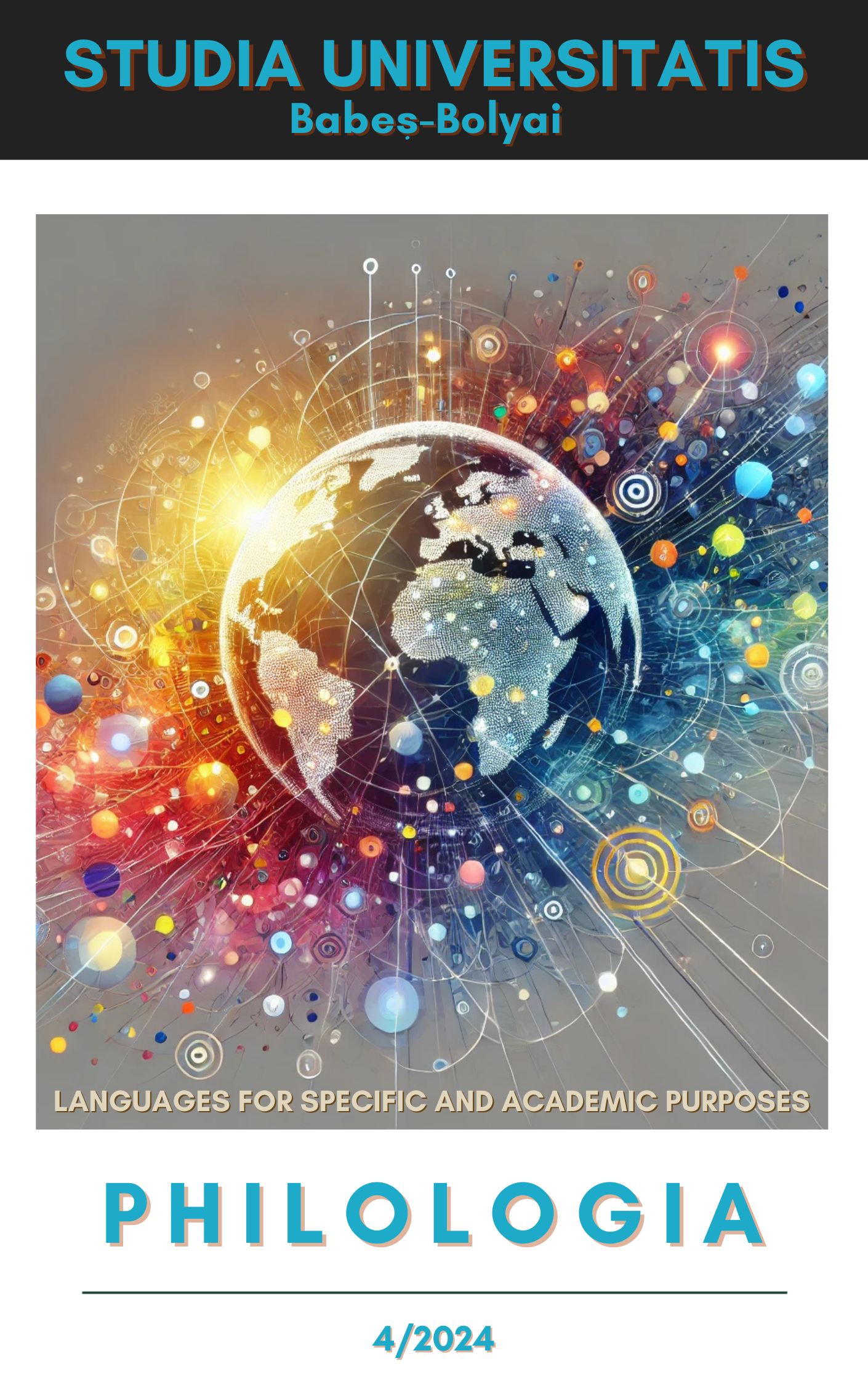INVESTIGATING THE NECESSITY OF ENHANCED INTERCULTURAL COMMUNICATION SKILLS FOR TOURISM STUDENTS. LEARNERS’ PERSPECTIVE AND NEEDS
INVESTIGATING THE NECESSITY OF ENHANCED INTERCULTURAL COMMUNICATION SKILLS FOR TOURISM STUDENTS. LEARNERS’ PERSPECTIVE AND NEEDS
Author(s): Roxana Mihele, Ibolya TörökSubject(s): Language acquisition
Published by: Studia Universitatis Babes-Bolyai
Keywords: intercultural communication; mediating communication; stereotypes; facilitating pluricultural space; soft skills.
Summary/Abstract: Investigating the Necessity of Enhanced Intercultural Communication Skills for Tourism Students. Learners’ Perspective and Needs. The hospitality industry today is, by many accounts, the site of the most cosmopolitan interaction university graduates can possibly find themselves immersed in when it comes to their professional milieu. Preparing future tourism specialists to effectively communicate and mediate with industry stakeholders that come from various corners of the world, having a multitude of cultural, social and economic backgrounds, seems to be one of the most important tasks ESP (English for Specialized Purposes) tutors need to tackle. Encouraged by guidelines promoted by international institutions, language teachers are aware that they need to pay an undivided attention to the development of intercultural communication (ICC) and mediation skills, to fostering the awareness that the business world today is a pluricultural one. What has been less investigated is the perception students themselves have over their need to acquire such competencies and the best way teachers could help them achieve this. The purpose of this article is to investigate the students’ perspective by processing data collected from a quantitative survey using K means clustering. The results of the analysis support our assumption that for an optimal future professional development tourism students (are aware of the) need to have good ICC competences, although their specific types and the means to achieve this sometimes differs from what teachers usually consider emphasizing in the classroom.
Journal: Studia Universitatis Babes-Bolyai - Philologia
- Issue Year: 69/2024
- Issue No: 4
- Page Range: 257-284
- Page Count: 28
- Language: English

